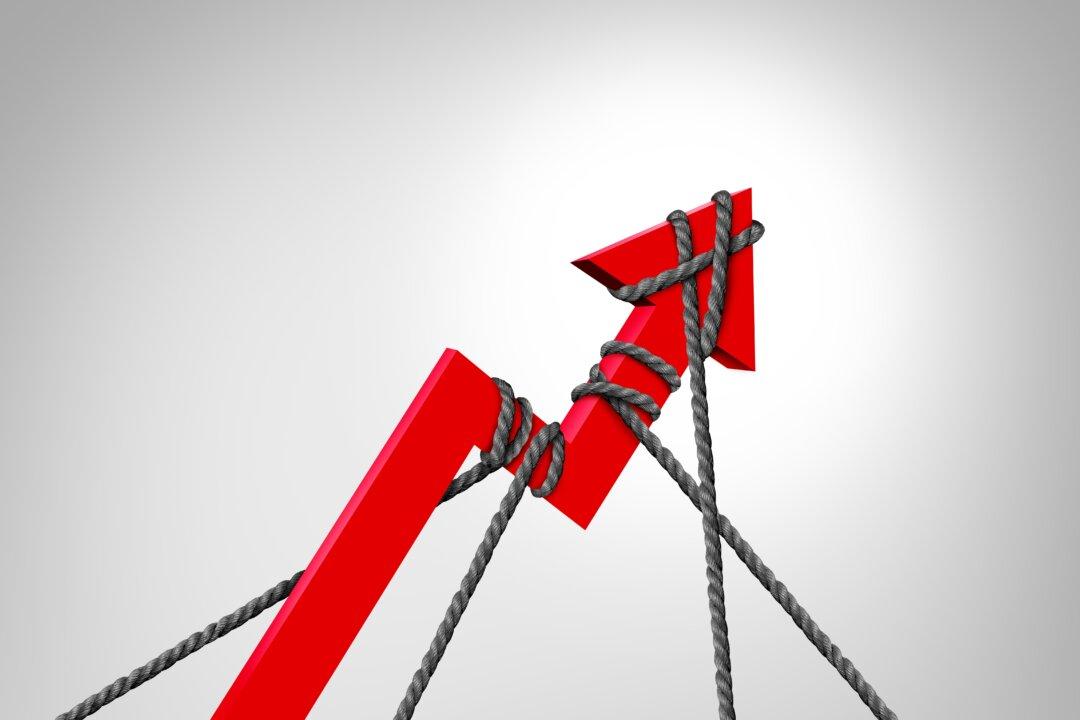Commentary
In the past several weeks, we’ve heard what seems to be a genuine blast from the past, something so unworkable and destructive that most of us could hardly believe our ears. The last day has confirmed it. It seems that the Biden administration is on the verge of announcing some form of rent control.





